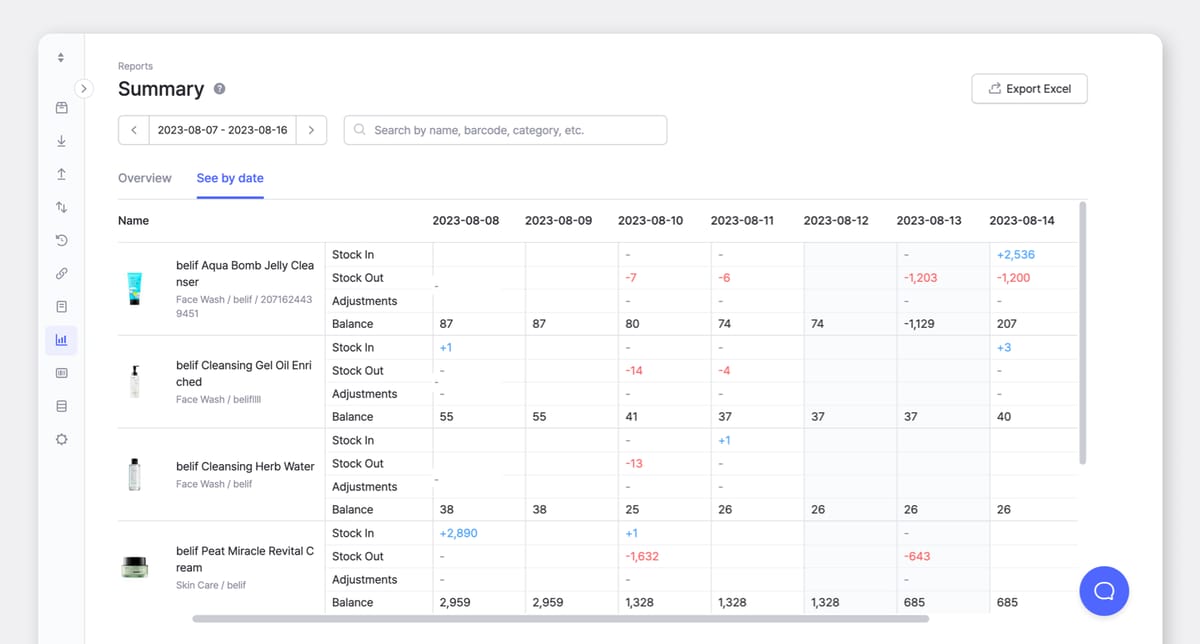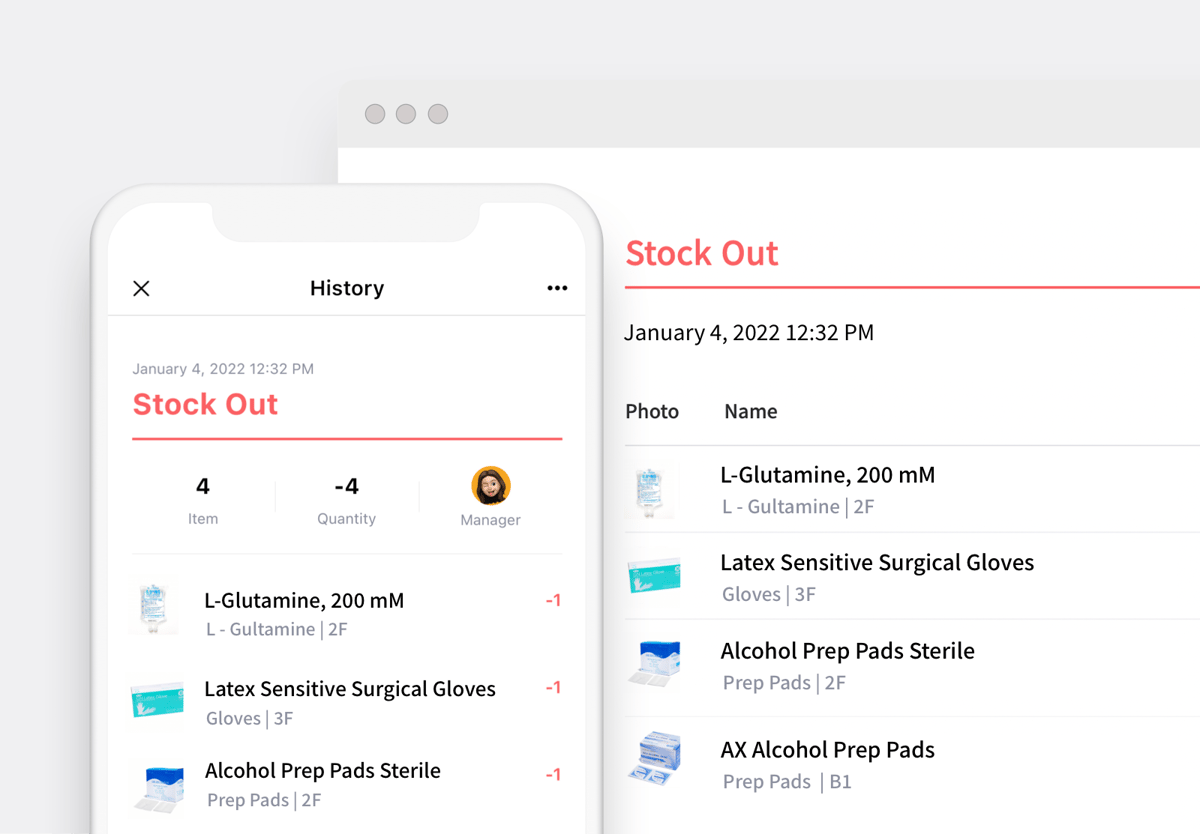If You Are a Small to Medium-Sized Business (SMB) Looking to Adopt ERP, This Is a Must-Read!

In business, data management is the key to operational success. Many business leaders attribute their achievements to streamlined data management practices. The growing trend of integrating business processes via ERP systems further underscores this emphasis on efficiency. Notably, even small and medium-sized businesses (SMBs) are increasingly starting to implement ERPs. Let’s take a look at how ERP can help the growth of small and medium-sized businesses by evaluating its advantages and potential drawbacks.
ERP, a Data-Based Business Operation Tool
ERP (Enterprise Resource Planning) serves as a strategic business tool for resource management. Most of today's business, core business functions spanning manufacturing, sales, accounting, logistics, and human resources rely on meticulous data tracking. The role of ERP is to efficiently manage the data generated from each business process.
A standout attribute of ERP is its ability to centralize and manage all resources, streamlining data within a unified platform. As a result, any member of an organization can have access to company data. By doing so, the labor and time inefficiencies that arise from redundant data management across various departments are significantly minimized. This approach is often referred to as eliminating data silos.

Leveraging ERP systems that provide real-time data, you can also gain accurate insights into the business situation. Overseeing the entire business helps you quickly find and respond to the problems at hand. Moreover, modern cloud-based ERP solutions, harness AI, automation, big data, and chatbots, and amplify their capabilities further, enhancing your operational processes.
Consider the scenario of a wholesale furniture manufacturer implementing ERP. This decision would enable seamless oversight of the entire production-to-delivery cycle. It can help the company to maintain the optimal level of inventory by accurately planning for production. Moreover, leveraging data-driven forecasts and analyses can aid in anticipating forthcoming business prospects. By consolidating data management, the integrated approach serves to optimize overall business performance.
Challenges in Implementing ERP:
Complex Features and Financial Burden
Despite its advantages, there are some drawbacks to adopting an ERP system. The biggest obstacle for small and medium-sized enterprises is the cost. Although it's made for reducing data redundancy and thereby reducing costs, the initial investment may be higher than expected. Costs that a company must invest to introduce an ERP system include:
1. License Costs
ERP systems with numerous features require payment of high license fees. Even if you want to use only some of the features, you would have to cover the full cost. The more users using the ERP system, the higher the cost. Even for small and medium-sized companies with few users, recurring license fees can be a burden.
2. Implementation Costs
To implement an ERP system that aligns with the company’s operating workflows, designing and optimizing the system is required. As a result, expert support is necessary, thus incurring costs related to labor and service. The costs associated with the initial process may be higher than expected, leading companies to abandon the system as a whole or leaving them with an ERP system that isn’t well integrated with the company’s operating model.

3. Education and Training Costs
If you only perform tasks that can be done with Excel after swallowing the high costs associated with implementing an ERP system, it is no different from not having a system at all. Therefore, creating a supportive environment for continuous learning and training is vital. Such an environment could empower your employees to fully leverage the capabilities of ERP tools and advanced features. Nevertheless, the exact timeframe and resources needed for employees to master the system may vary.
4. Maintenance Costs
Maintenance costs are also hard to ignore. Whenever you change the business process, you must also optimize the ERP system again. Chaos may arise within the organization if the ERP system is not updated in time. The worst situation can occur when employees refuse to use the ERP system because it is not updated to reflect real-world business processes.
Why Small and Medium-Sized Enterprises Introduce Inventory Management Systems
There is no doubt that an ERP system tailored to the company's operations increases productivity and profits in the long run and reduces costs. However, for small and medium-sized businesses that want a data management solution that suits their organization without hefty upfront costs, it is also clear that ERP is a burdensome tool. It is essential to carefully consider whether it is worth investing in ERP and introducing a system that fits the company's size and situation.
If you are a company hesitant to introduce ERP due to its high cost and complex structure, you may also consider the option of inventory management solutions. Easy-to-use and low-cost inventory management solutions are emerging as alternatives to ERP for small and medium-sized businesses. Inventory management solutions, which are more specialized than ERP systems, are also implemented and operated at a lower cost. Such specialized systems are becoming the means of data management for small and medium-sized businesses, and they are quickly capturing the benefits of ERP.

Among them, BoxHero has a user-friendly interface with a gentle learning curve, so employees can quickly adapt without any special training or explanation. There's no implementation burden. Upon sign-up, you can start using the app. Updating the inventory status is easy and simple if you already manage your inventory data in Excel. In addition, you can perform convenient inventory management using functions such as Stock In, Stock Out, Adjust, and Move on the mobile app, just like on a PC. This is possible because BoxHero has been focusing on the functions essential for users' inventory management needs, rather than incorporating unnecessary complex features.

Experience the full spectrum of BoxHero's features with our one-month free trial, complete with unrestricted access. Take this opportunity to assess the app's compatibility with your business requirements. Before delving into a costly and complex ERP implementation, why not explore BoxHero – a potential solution that perfectly addresses your inventory management needs? Try it today and optimize your operations.


